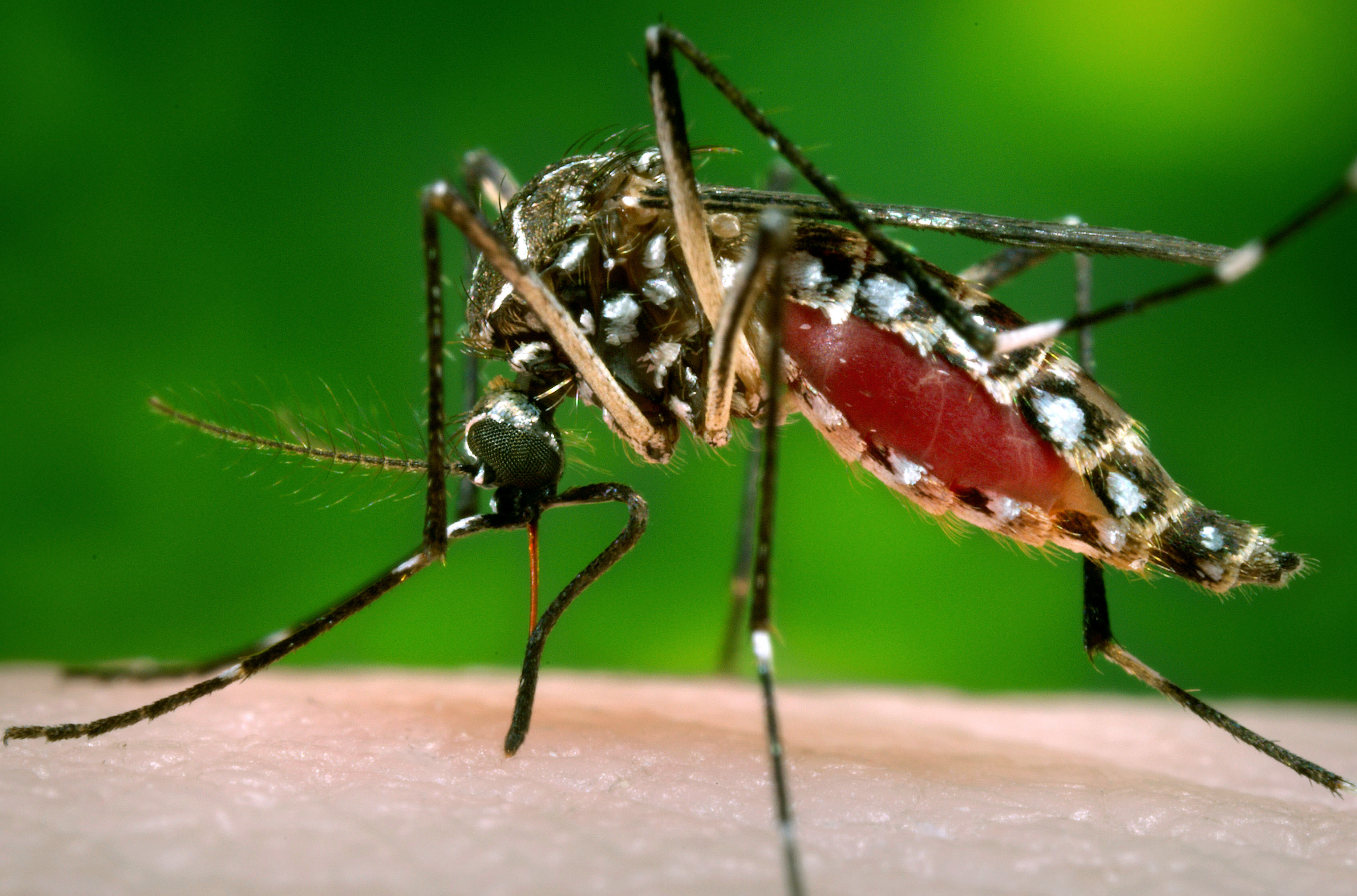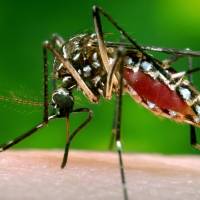Scientists have estimated the risk of transmission of the Zika virus in Japan at a relatively low 16.6 percent for the remainder of 2016, according to a study released Tuesday.
The mosquito-borne virus has been spreading in Latin America since last year, and the risk to Japan could increase depending on the level of people moving between Japan and Brazil, which will host the Olympics in Rio de Janeiro this summer.
The study was published in the British science journal PeerJ.
Other Latin American countries including Peru, Panama and Paraguay ranked higher in the list, with the risk of local transmission at around 50 percent or higher, the study indicated.
While the Zika virus usually causes mild symptoms, such as skin rashes and headaches, it is also suspected to cause abnormally small head sizes in newborn children, a condition called microcephaly, if mothers contract the virus during pregnancy. Brazil has seen a rapid increase in such cases.
Hiroshi Nishiura, a professor at Hokkaido University and a member of the study team, said authorities should focus on warning pregnant women not to visit countries where infections have been reported.
The research team estimated the risk by using an analysis model that includes airline transportation network data and transmission data for dengue virus, another mosquito-borne virus.
The World Health Organization declared a global public health emergency over the Zika virus in February.




